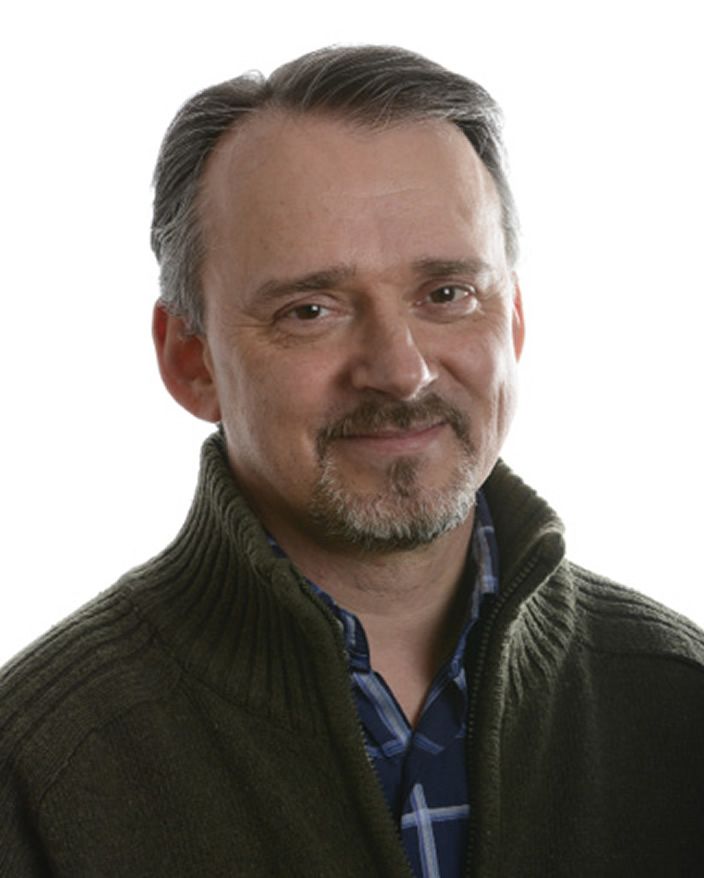
We often perceive Scandinavian education systems as utopian and light years in advance of Australia’s, Journalist Sue Osborne writes.
This is not always the case though, as a talk at Macquarie University by visiting Norwegian Professor Kjetil Borhaug highlighted.
From the University of Bergen, Borhaug is not an early childhood professional but a political scientist researching how early childhood is administered in his country, and the relationship between public and private service providers.
In Norway local governments, which can be quite small, often smaller than Australian remote local authorities, have the responsibility for early childhood education, welfare, school education and other social services. They get a single grant from the national government and must eke out the money between these competing social needs. There is no specific early education and care money.
The local governments are obliged by legislation to provide education to all 1-6 year olds. Early childhood education is provided by a mix of services, including business, church, local government, and not for profits, much like in Australia.
The local governments are obliged to fund all types of centres, which creates some dilemmas when those services are competing against each other and the local government’s own early childhood centres.
Recently, the national government introduced legislation setting ratios of one university qualified teacher per every seven children under three, and one for every 14 children aged over three.
There are no strict guidelines covering other employees: there are some with early childhood qualification, but often they do not have any early childhood qualifications and there are no rules about that.
“They can be anything – they are from diverse backgrounds. 43% of staff in early childhood settings have three years university training.” Only 12.8% of staff in Australian long day care centres are degree qualified (minimum three years of training).
Early childhood teachers take a three year degree, mostly in a private college, with a curriculum set out by the national government.
Once they graduate, there is no requirement to do accreditation.
Borhaug said the new staff ratios were causing ‘headaches’ for all providers.
The hybrid system, which has evolved over time, causes some roadblocks to any attempts to introduce further regulation or quality standards by the national government.
Norway does not have anything equivalent to the Early Years Learning Framework, just a national curriculum.
Some of the small local governments do not have early childhood professionals on staff and the providers are very small. Auditing quality is a problem.
“These diverse providers and local governments are interdependent on each other, they are kind of stuck with each other,” Borhaug said.
There’s a fee cap covering all providers in the country of NOK 2910 ($485) a week for the full time care of one child.
And, it’s sad to report, early childhood teachers in Norway are also low paid, receiving less than school teachers.
Borhaug said there has been an ongoing campaign to change this, including strike action, with some progress towards better pay in recent years.


































































































































